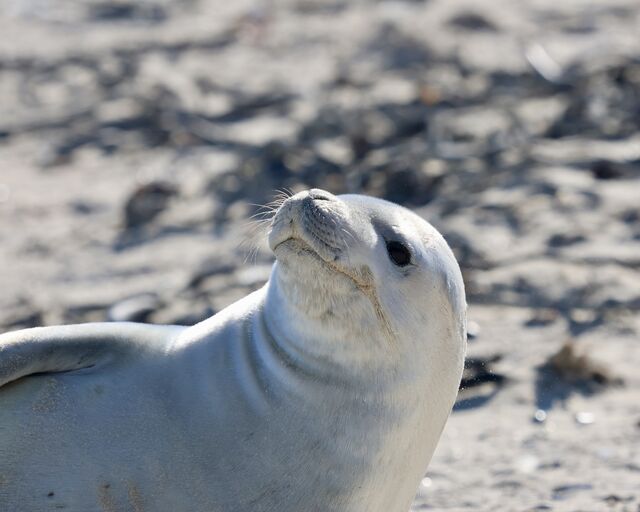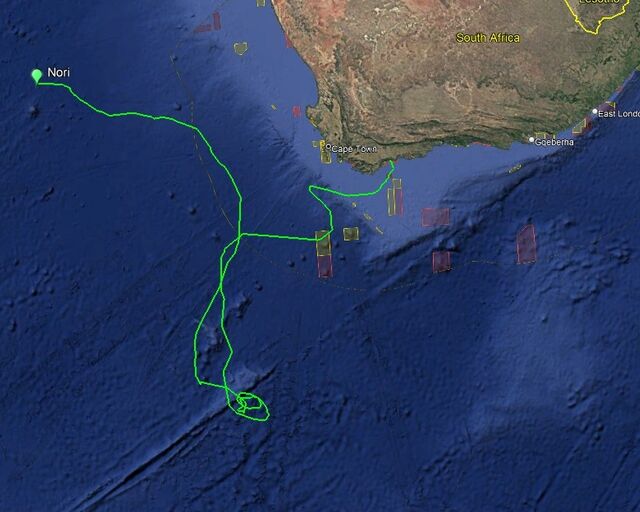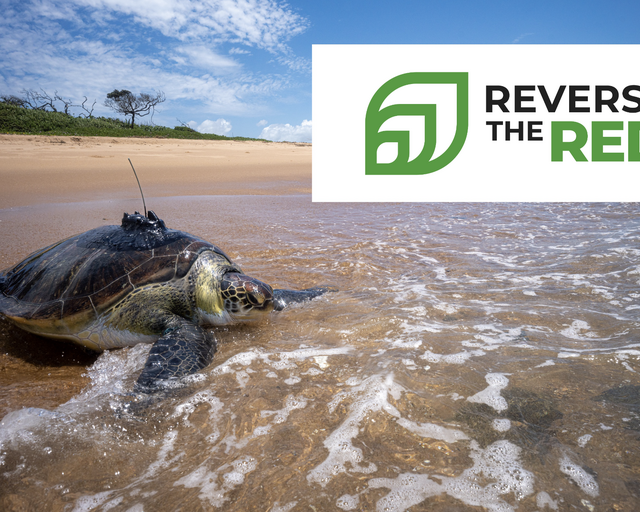Creatures & Creators: A winter workshop of wonder, collaboration, and discovery
Cape Town Creative Academy (CTCA) recently co-designed and co-developed Creatures & Creators in partnership with the Western Cape Education Department (WCED) and the Two Oceans Aquarium Foundation. This cross-disciplinary winter workshop brought together design, science, and storytelling in an inspiring, hands-on learning experience.
Over the course of three dynamic days, 20 of the Western Cape’s top Grade 10 learners (10 from Design and 10 from Marine Sciences) gathered at the Two Oceans Aquarium and CTCA’s Silo District campus for a collaborative project like no other. The teams paired Design learners with Marine Sciences learners, with each pair mentored by a third-year Communication Design and Illustration student from CTCA.
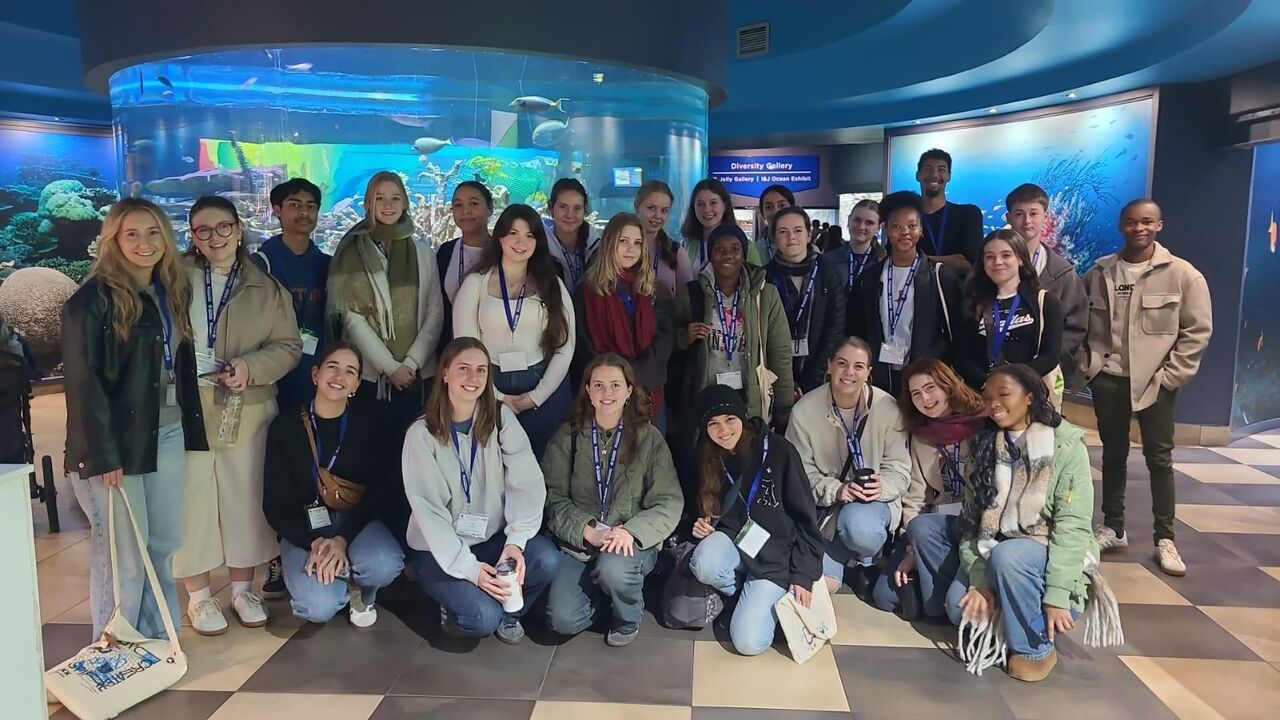
A creative dive into marine discovery
The workshop launched with a full day of exploration at the Aquarium, guided by their Ocean Campus’ Marine Sciences department. Learners toured the exhibits, encountering everything from mesmerising jellies to curious seahorses, and immersed themselves in the rich biodiversity of South Africa’s marine ecosystems.
Each team was then assigned a marine creature to research. The brief? Create an A5 information card for young Aquarium visitors (aged 8 - 10) that combines scientific accuracy with imagination and play.
“We wanted learners to experience their subjects in a real-world environment,” says Leigh-Ann Pringle, DCES for Visual Arts and Design. “It was also about communicating science creatively, to translate research into something meaningful and accessible for children.”
Experimenting with light, movement, and medium
Day 2 brought students back to the Aquarium, but this time with sketchbooks, paintbrushes, and a spirit of experimentation. Under the guidance of CTCA lecturer Nazeer Jappie, learners worked directly in front of the exhibits, observing how fish moved, how light refracted through water, and how colour shimmered and danced.
All art supplies were generously sponsored by Artsauce, enabling learners to explore watercolour, mark-making, and abstraction freely.
“We wanted to shift the focus from simply executing an idea to playing, experimenting, and discovering through process,” says Pringle. “This encourages a new mindset, one where mistakes and spontaneity are embraced.”
One student reflected:
“The painting! I’ve never worked with this kind of watercolour paint before, so it was really fun to try something new.”
Bringing it all together
Day 3 brought learners to CTCA’s Silo District campus, where they transformed their sketches and ideas into final A5 info cards. Using collage, illustration, and digital layout tools and guided by their tertiary student mentors, each team produced an original educational card designed to engage young audiences.
The results? Ten distinctive cards, each blending scientific facts with imaginative illustration and thoughtful design.
“This was an opportunity to communicate complex information simply and creatively,” says Pringle. “Learners had to adapt their language and thinking to suit a different audience, which is a key skill, both in design and in life.”
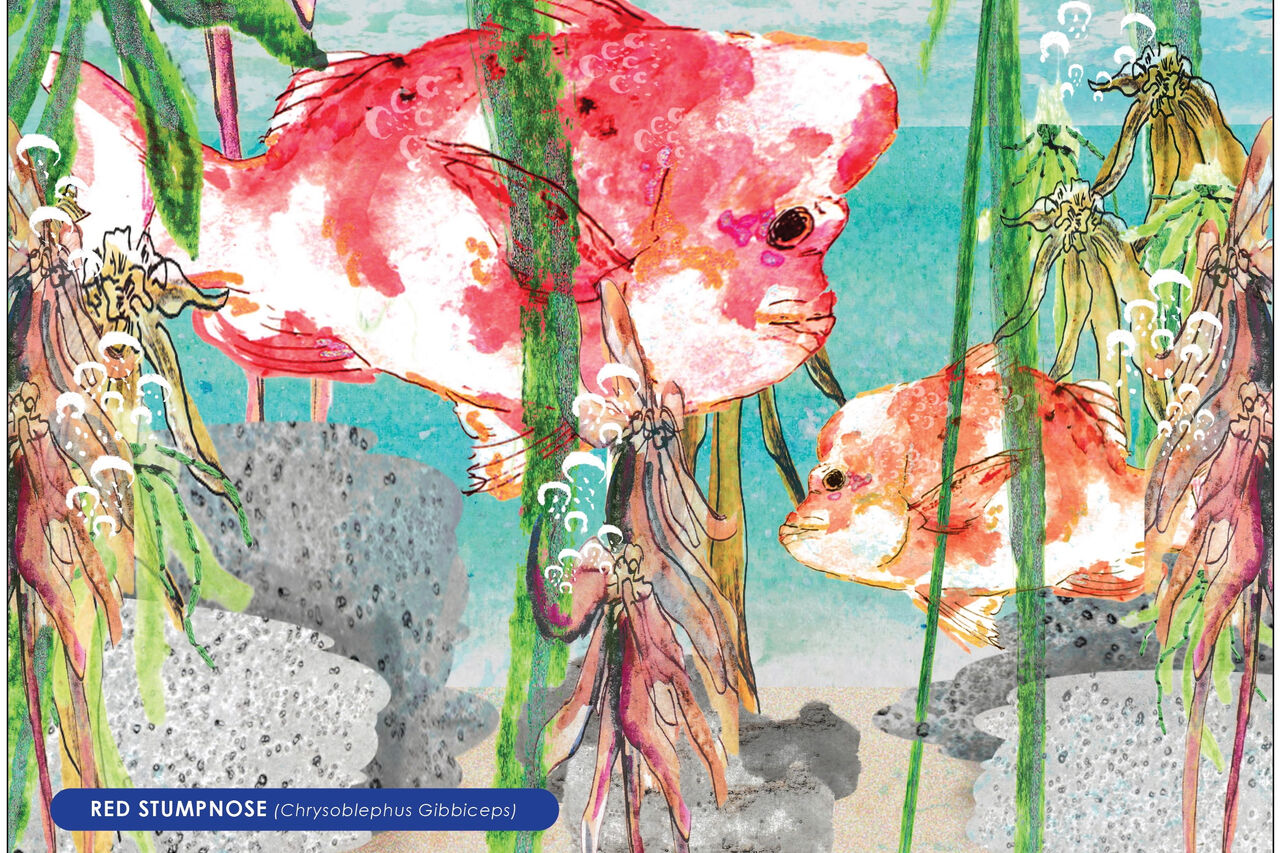
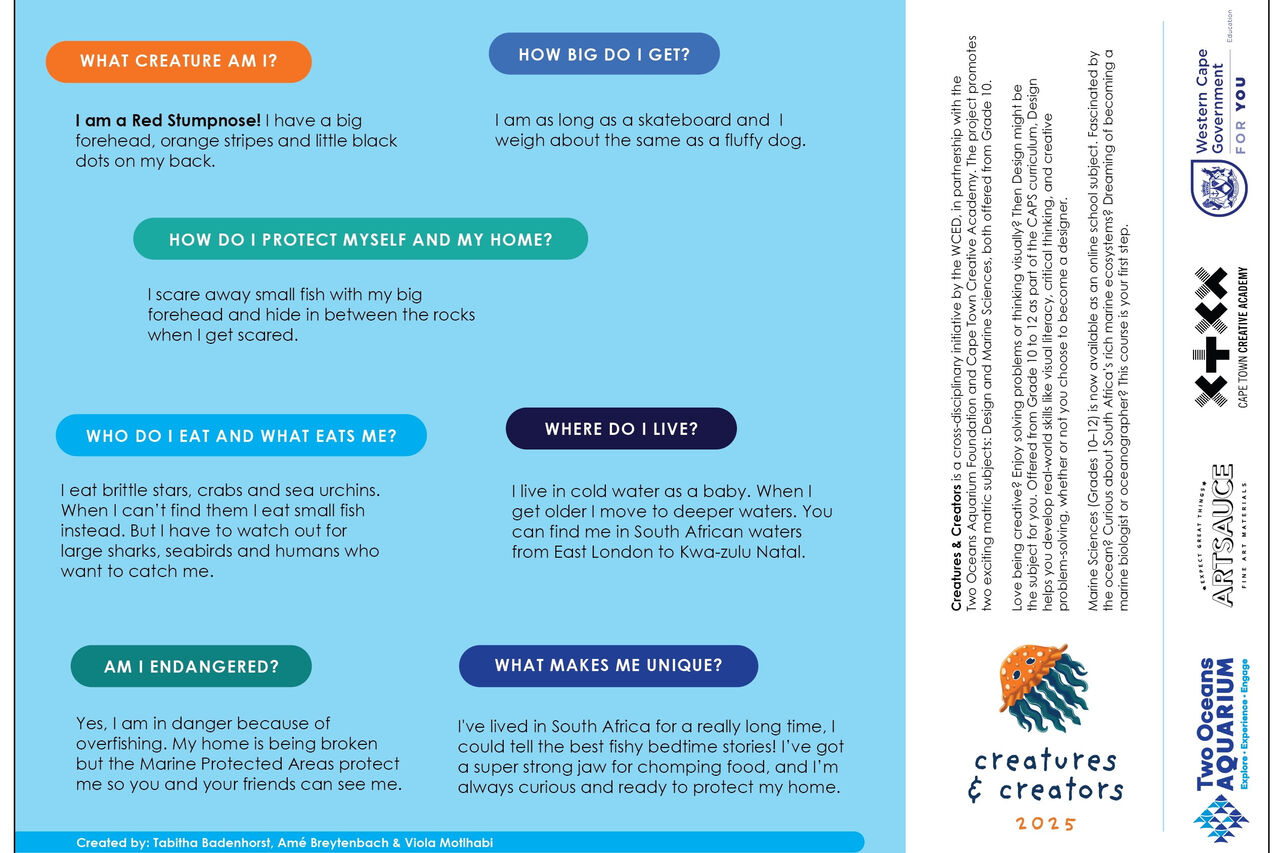
A celebration of collaboration
The project concluded with a celebratory exhibition and prize-giving attended by parents, teachers, WCED representatives, and industry partners.
“Many learners were shy at first, some had never visited the Aquarium before,” says Pringle. “But by the end, they had made new friends, gained confidence, and seen their work recognised in a professional space.”
Learner reflections affirmed this transformation:
“Working in a place like the aquarium, with experienced Marine Scientists and being able to see the creature we were working on in front of us, was my favourite part. I learnt so much - it was out of my comfort zone.”
“The experience was absolutely amazing. It’s an opportunity I’d love to have again.”
“I learned new techniques and different ways to use elements and convey the central message.”
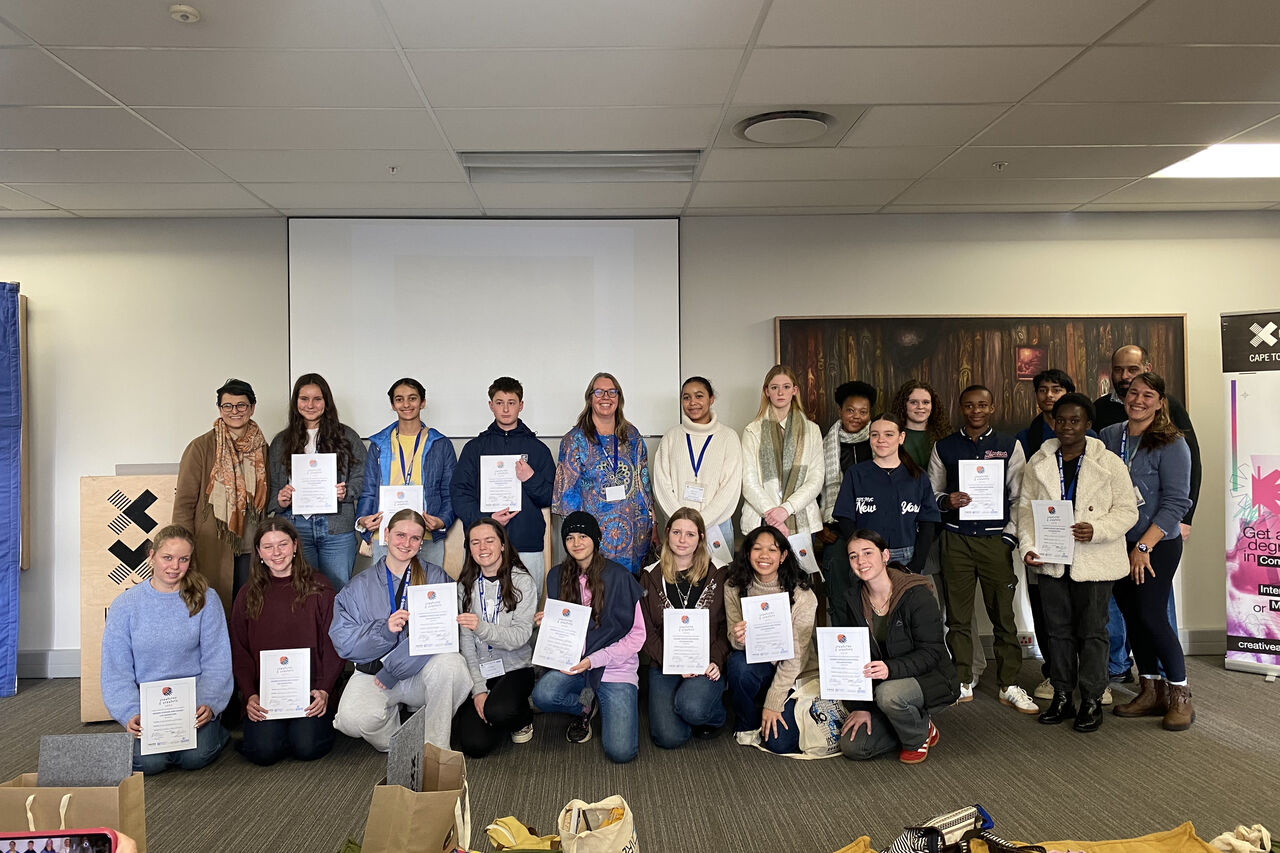
Why Design and Marine Sciences matter
Creatures & Creators wasn’t just a workshop - it was a platform to promote two unique FET subjects available in the national CAPS curriculum.
“Design and Marine Sciences are future-facing subjects,” says Pringle. “Not many learners are aware that these are options in high school, and we hope this collaboration changes that. We want to show how powerful these subjects are - not just for academic learning but for real-world, creative problem-solving.”
Marine Sciences introduces learners to ocean ecosystems, marine biology, and environmental conservation, while Design fosters critical thinking, visual literacy, and creative communication.
“The WCED encourages integrated learning,” adds Pringle. “This workshop showed just how rich and relevant that integration can be, especially when driven by curiosity, collaboration and care.”
Related News
Sign up to our Newsletter
Receive monthly news, online courses and conservation programmes.
